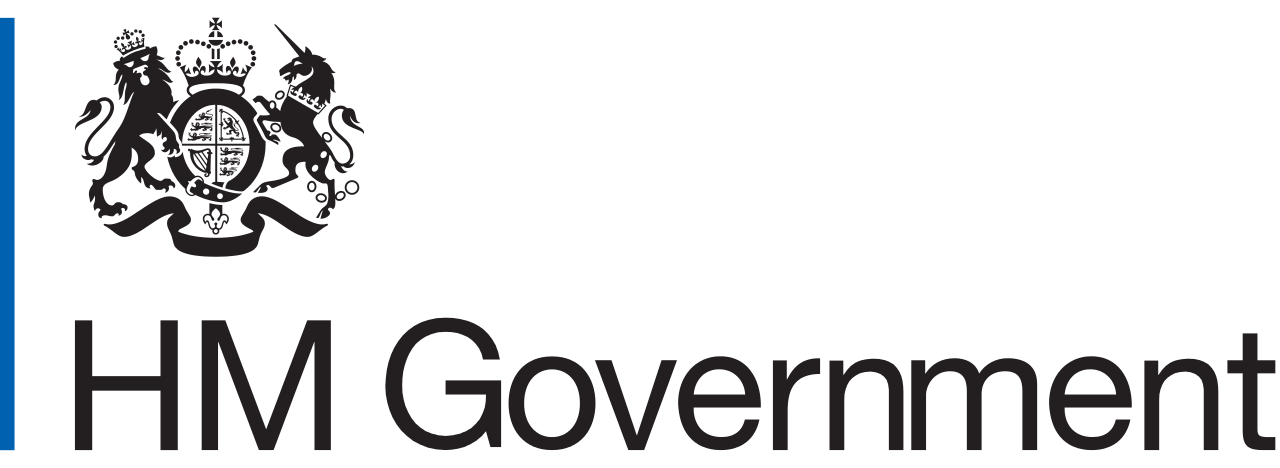Leaders and other representatives from Norfolk and Suffolk’s embattled poultry industry have called on Environment Secretary Thérèse Coffey to deliver more support to the sector as it deals with an “unprecedented” outbreak of bird flu.
Serious flaws in the compensation scheme and delays in the culling of flocks and the granting of licences to move birds were just some of the issues highlighted in a meeting called by New Anglia Local Enterprise Partnership and Norfolk and Suffolk County Councils.
A long-term strategy to prevent such outbreaks of the deadly disease from happening in the future, including a vaccination programme, was also demanded by representatives from across the industry.
Chris Starkie, Chief Executive of New Anglia LEP, chaired the meeting which was attended by representatives of industry groups such as the NFU and British Poultry Council, as well as the main poultry farmers and processors. He said: “Our region is being hit harder than any other by this crisis. We want to back our colleagues in the poultry sector and use our influence to secure more support for those who risk going out of business in the fallout from this.
“We need the Environment Secretary Thérèse Coffey to lead from the front and ensure that Government compensation for the culling and restocking of entire flocks is fit for purpose, and licences for the movement of birds are expedited so producers are not left without an income.
“This is not just a health crisis but one that poses a serious risk to a mainstay of our local economy. That necessitates rethinking past approaches that have worked satisfactorily for past outbreaks. This is on an unprecedented scale and a wider strategy is needed that builds in realistic and meaningful compensation, paid in a timely and predictable manner. We also need to look at other issues such as export, vaccination, and how we prevent this from happening in the future.”
The Norfolk & Suffolk Poultry Group heard from the British Poultry Council how 88 cases had been recorded in the UK in October, with 2.7m birds affected. Norfolk and Suffolk are at “the epicentre” of the outbreak, which is affecting backyard flocks as well as commercial ones, and evidence has emerged over the past couple of days that the disease is spreading into neighbouring Cambridgeshire and Lincolnshire.
Culling teams are stretched and as a result some birds are already dead before they arrive, causing unnecessary distress for the birds and heartbreak for farmers. Inadequate compensation procedures are causing farmers to be left without an income and unsure of what monies they will eventually receive, while delays in the granting of movement licences were preventing farmers in disease control zones from moving birds.
The Norfolk & Suffolk Poultry Group was originally established in the autumn of 2020 as part of the region’s response to the Covid pandemic. At that time Covid infections were causing factory closures and shutdowns as well as a shortage of staff. This was exacerbated by a reduction in EU workers following Brexit.
Poultry production and processing is one of the most important components within the region’s agricultural sector and has significant potential for future growth.
Norfolk & Suffolk accounts for somewhere between 18% and 20% of the UK’s poultry production of chickens, turkeys and ducks. Latest data also showed that around 11 million or 41% of English turkeys come from region, valued at £557m, and 14,000 people were employed in their production.




